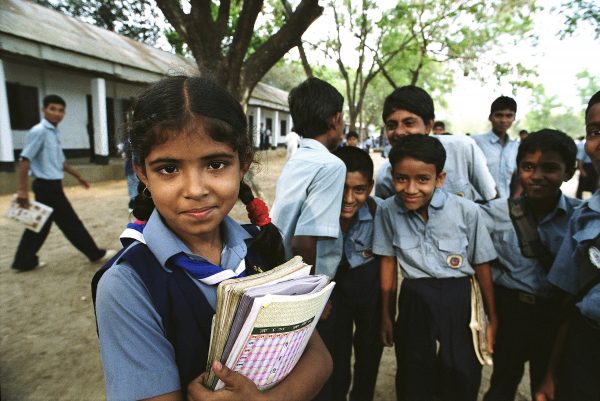Yet it is happening again today, albeit stretched out over a grander, multi-decade time horizon, as a half-millennium of western economic, political and perhaps intellectual hegemony gradually cedes to the rising world of Asia and the Asia-Pacific.
Given its magnitude, this ‘gravity shift’ eastwards is bound to inject an added element of instability to international relations. The recent demise of Cold War ideologies has already seen competition over models of development emerge along fault lines of culture, religion and civilisation. The West’s efforts to preserve its traditional leadership position, even as its ability to dominate global economics and politics diminishes, will also lead to increased turbulence in the international system.
This instability during the long transition period will manifest itself in a deficit of international governance, as key global actors play out their own version of a prisoner’s dilemma – a system in which no subset of powers can succeed on their own, yet none trusts others enough to produce constructive cooperation and coordination. Ritual exercises in international buck-passing will be the order of the day along with attempts to hoard agenda-setting authority. The promise of the Asian century will be slow to be realised.
This will be evident on a number of fronts.
For global economic rebalancing to succeed, the locus of global consumption must accompany the eastward movement of manufacturing, trade and investment that has already occurred. Yet the East Asian economic model’s ability to deliver domestic aggregate demand on par with its hyper-competitive production capabilities appears to be in significant doubt. Meanwhile, the G20 process, after having served as a useful temporary expedient for global reflation, has neither delivered on its reciprocal, peer-pressure-driven Mutual Assessment Process to head off future imbalances, nor on more basic provisions, such as revision of the formula used by the IMF to rebalance its quota shares.
The bedrock principles of rules-based multilateralism and non-discrimination also need to be preserved for the global trading system to prosper. Yet globalisation-induced wage competition is currently driving advanced economies to take selective approaches to trade negotiations that embed discrimination and diversion. The final success of such negotiations is not assured, and states’ fidelity to ‘open multilateralism’ is unlikely to move beyond rhetoric. Meanwhile, the rough blueprint of a final Doha Round agreement languishes on the sidelines.
Additionally, the zero-sum economic calculation that underpins multilateral environmental talks means that a negotiated compromise on reducing global emissions reduction is likely to remain an ever more distant prospect. Pollutive extraction and production processes and volatility in global commodity and food prices will continue to plague developed and developing countries alike.
Accommodating – and accelerating – the financial liberalisation of savings-surplus Asian stakeholders within a broader institutional architecture of inter-governmental liquidity and solvency risk management will be key to ensuring that the international monetary system remains in balance and prospers. But far from endowing international financial institutions with an imaginative role to facilitate this kind of architectural reform, incumbent stakeholders seem to have stumbled at the low hurdle of merit-based personnel selection and IMF quota review.
In the meantime, tsunami-like capital flows continue to exact punishment on exposed banking, capital and other asset markets in developing and developed countries alike; the dollar’s standing as an anchor currency is eroded daily by its persistent and large deficits; and China’s fidelity to its administered deposit rates, undervalued currency, and export of deflation bears unhappy parallels with Washington’s own myopic approach to the monetary order of the early 1920s.
Ensuring that the ‘gravity shift’ eastwards does not contain the seeds of its own destruction will depend to a large extent on the ability of Asia’s rising stakeholders to exchange obligation for power. But, ultimately, it is neither wealth nor power but prosperity – understood as welfare for all in society – that will afford an imminent principle of order and self-restraint in the Asian century. A resolute focus on growth and welfare, despite its distributional challenges internationally, will provide the best prop for peace and stability, and a continued intertwining of pan-Asian and trans-Pacific destinies.
For China – a great civilisation that has lasted an eternity by learning to trade military ambition, and the culture that sustained it, for permanent economic growth – this imperative, along with the attributes required to wield leadership, ought to be reasonably familiar.
Sourabh Gupta is a Senior Research Associate at Samuels International Associates, Inc. in Washington DC.
This article first appeared in the most recent edition of the East Asia Forum Quarterly, ‘Coming to terms with Asia’

